GEI Annual Report
2021/2022
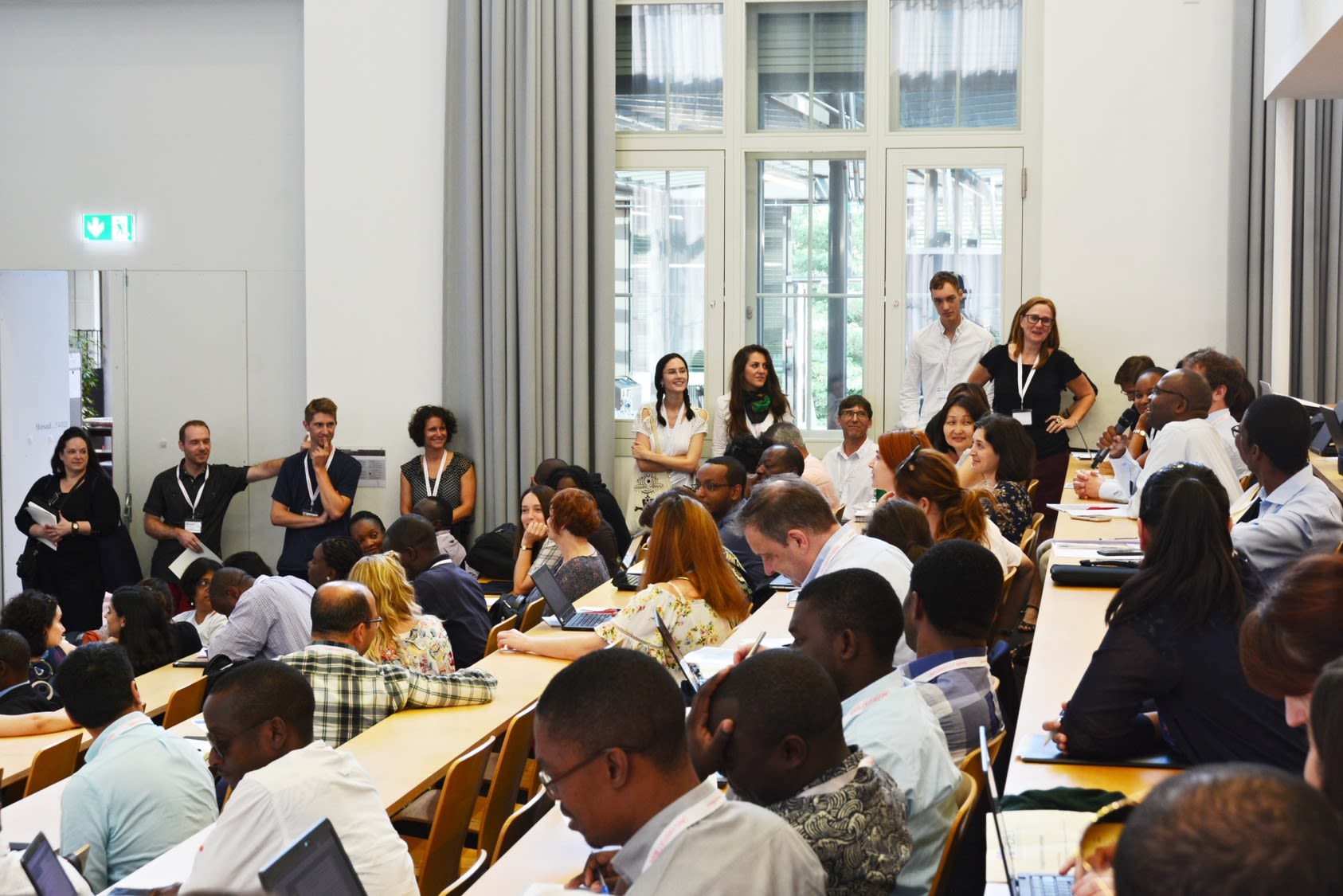
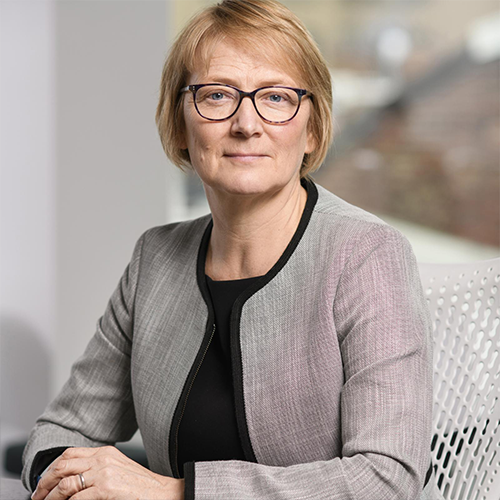
Alison Evans
Director-General, Evaluation, Vice President,
World Bank Group
GEI was launched in late 2020 – just months into an unexpected global pandemic – with a sense of urgency and a spirit of perseverance. Supporting the strengthening of monitoring, evaluation, and evidence use in developing countries was a well-timed, strategic investment for IEG. Since inception, GEI partners have worked together to catalyze collaboration to strengthen national M&E systems, reinvigorated M&E reform agendas, and incubated new solutions and tools for strengthening national M&E systems. They have also facilitated knowledge transfer on M&E across geographic and cultural boundaries, especially focusing on South-South exchange and how to adapt global lessons to local contexts. GEI has successfully started on its journey, and we look forward to supporting this important work at every step of the way.

Oscar Garcia
Director, Independent Evaluation Office,
UNDP
Evidence-informed policymaking is more important than ever before as the world grapples with the impacts of COVID-19 and new instances of conflict and violence. The ability to monitor and evaluate the impact of policies is now an urgent priority as governments try to balance limited resources with the increased needs of their citizens. GEI’s work to strengthen in-country capacities around evidence use will have long-lasting local impact – and will support longer-term country efforts to track commitments under the Sustainable Development Goals. After watching the collaborative work of GEI partners over the last 18 months, I am confident that GEI will contribute to more resilient and sustainable national monitoring and evaluation systems around the world.
GEI contributes to creating a world where evidence is valued and is at the heart of any debate on what works
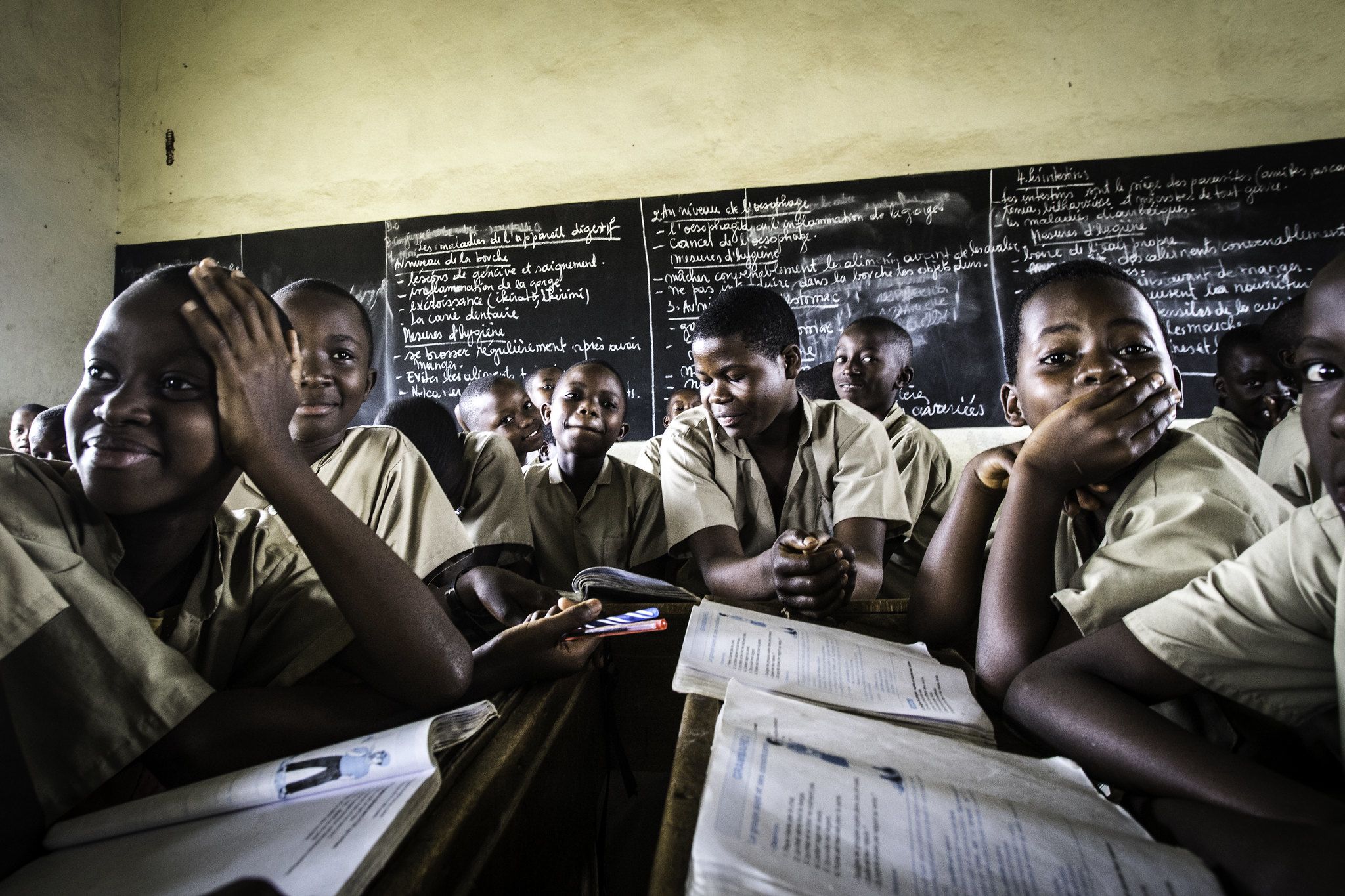
Highlights from GEI’s first 18 months
In a year and a half since launching, the GEI network has developed into a strong and effective partnership. What started with two organizations signing an MOU, has grown to over 35 partners – organizations from all over the world, who are bringing their experience and expertise to deliver on a shared vision at GEI.
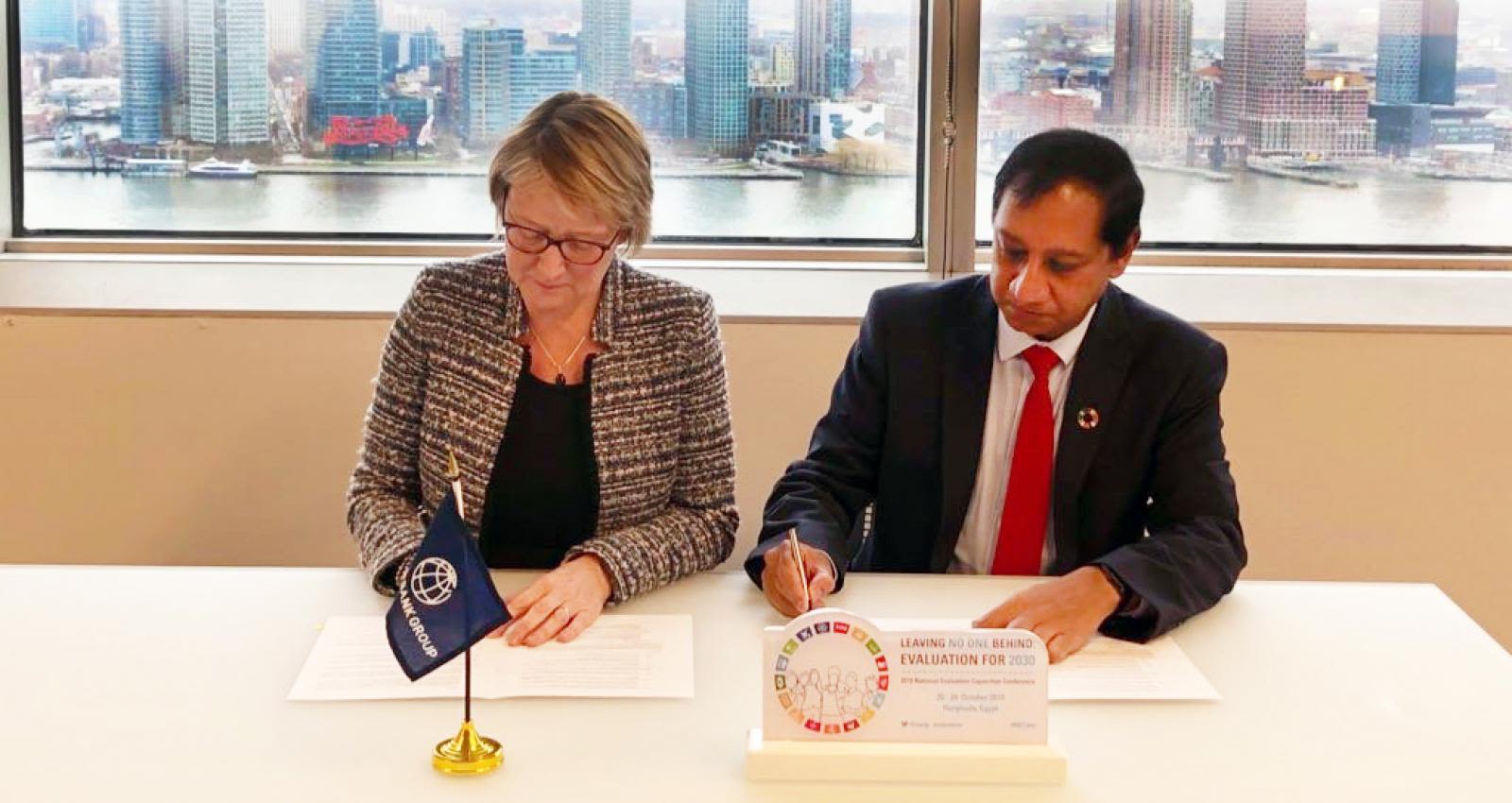
IEG and UNDP signing the MOU to create GEI
IEG and UNDP signing the first MOU to create GEI
Supporting developing countries with improving evidence-based decision making – and the monitoring and evaluation systems that support it – is not an easy task. It requires special skills, expertise, on-the-ground experience, and strong partnerships – all the variables that make GEI an effective initiative.
We are encouraged by our partners’ dynamism and commitment to collaboration. Together, we have:
- Supported efforts to strengthen monitoring and evaluation systems and capacities in 41 developing countries, with deeper engagement in 24 priority countries. From Madagascar to the Caribbean to India, GEI partners have worked closely with governments on diagnostics to identify what is working, plans for strengthening what is not, and efforts to support implementation of solutions. Our approaches are informed by global expertise, but always integrate local needs and perspectives.
- Facilitated the delivery of training and professional development programs that build the capacity of M&E stakeholders. The GEI network has focused on expanding the reach of existing programs and supporting the creation of new ones. For example, École nationale d’administration publique’s (ENAP’s) TAQYEEM program has set the stage for the delivery of M&E training to a new population of stakeholders that speak Arabic. The GEI Launchpad has focused the spotlight on innovative data and tech enterprises that can provide new ways to address M&E challenges. International Program for Development Evaluation Training (IPDET) offerings continue to expand, benefiting from access to the GEI network of experts.
- Convened and engaged around the most important M&E topics. With more than 340 events held all over the world during gLOCAL Evaluation Week 2021, to webinars, podcasts, blogs and other knowledge products, GEI partners have led and contributed to the broader dialogue on monitoring, evaluation and evidence use and have shared the GEI story.
Financially, the GEI has performed well in the set-up phase. The financial statements at the end of this report demonstrate our thorough approach to processing new grants, ensuring the highest standards of fiduciary care. While it has taken longer than anticipated to disburse funds, we are satisfied that we have chosen strong partners who will use the grant funds strategically and in line with GEI’s shared vision. We have also benefited from a major investment in the program by the IEG, taking pressure off the trust fund. This will allow for additional trust fund spending on the program as implementation picks up. Given our success in proving the program’s business case, we are confident that we will raise the additional funds needed in the coming years to fully fund the program.
In the coming year, GEI will continue deepening our relationships with government partners, while strengthening our ties with organizations in new regions such as MENA and the Pacific. We will also continue to find strategic ways to integrate our cross-cutting areas of climate change; gender and inclusion; M&E in fragile, conflict and violent settings; and youth across the work of our network, sharing best practices and leading on solutions. Most importantly, we look forward to supporting on-the-ground improvements in national M&E systems, while ensuring that effective approaches are shared and can be adapted to other countries’ contexts.

Dugan Fraser, Program Manager, GEI
Dugan Fraser, Program Manager, GEI
AREA OF WORK
Supporting Evidence-Based Decision-Making in Developing Countries
A key GEI priority is supporting evidence-based decision-making in developing countries. Over the last 18 months, GEI partners have collaborated on refining the network’s shared vision around this support, mapped their current in-country engagements, and developed tools and approaches for work with governments. In addition, partners have actively delivered diagnostic, technical, and other strategic advisory services to governments seeking to build or improve their national monitoring and evaluation systems. Over the next year, GEI will be helping to adapt and scale these engagements and learn from implementation to improve approaches.
Reduced Fragmentation and Catalyzed Collaboration
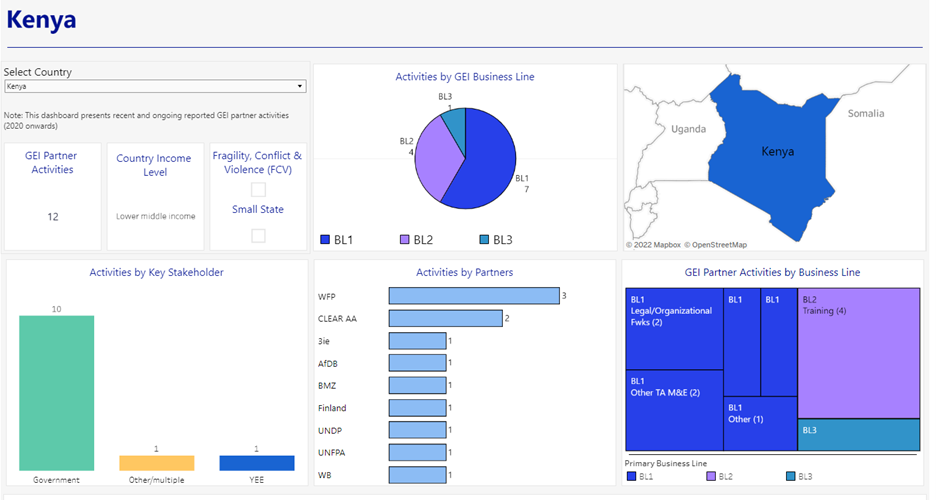
Example of country level view from dashboard.
Example of country level view from dashboard.
Activity Mapping and Data Visualization Dashboard Understanding the scope of GEI partner activities is a key effort in increasing collaboration and reducing fragmentation within the GEI network. Consequently, one of GEI's priorities this past year was to identify in which countries its partners are working, what kind of activities they are implementing, and the main target groups for interventions. Information from this mapping exercise was combined into an interactive data visualization dashboard available online. This dashboard will be integrated into the upcoming GEI Knowledge Platform. GEI partners will continue updating this data through the GEI’s internal data management system, which will populate the Knowledge Platform. By enabling portfolio analysis and identification of synergies, this dashboard will serve as a key tool to enhance collaboration, efficiency, and effectiveness.
"GEI allows us to make progress, develop the evaluation function in the government and promote a culture for evaluation, in order to support decision makers."
Strategic Engagement in MENA
MENA is a geopolitically important and complex region facing increasing pressures to improve governance and accountability. The region is characterized by a wide spectrum of awareness, demand, needs and opportunities around strengthening monitoring, evaluation and evidence use. During this reporting period, GEI funded an M&E landscape study of 22 MENA countries and held a consultative workshop with the Islamic Development Bank, World Food Programme, UNDP, and École Nationale d’Administration Publique (ENAP) to discuss a coordinated strategic approach for MENA. As a next step in this effort, GEI is convening a MENA regional workshop for governmental and other relevant stakeholders in Amman, Jordan in May 2022.
Strategic Engagement in the Pacific
The “Duavata” Group, consisting of GEI partners (World Bank, UNDP, and the Asian Development Bank), Australia’s Department of Foreign Affairs and Trade, the New Zealand Ministry of Foreign Affairs and Trade, and UNICEF, met to explore collaboration around possibly establishing a center for M&E and learning in the Pacific.
Deepened Engagements with Government Partners
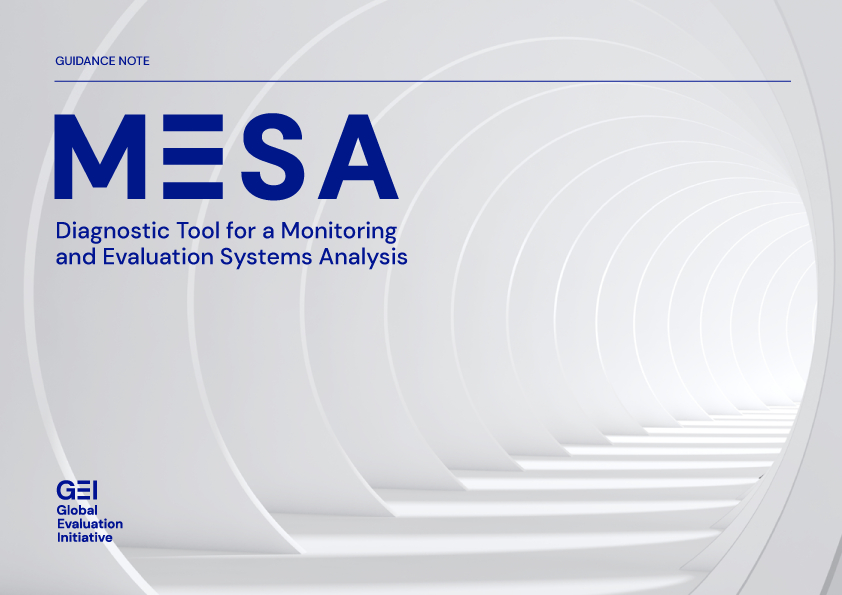
MESA Diagnostic Tool
Country diagnostics provide a strong foundation for developing an approach for the improvement of monitoring, evaluation and evidence use that is best suited to each country’s context. This year, GEI partners worked together to develop and release the Monitoring and Evaluation Systems Analysis (MESA) Diagnostic Tool. Building off previous diagnostic models, the MESA is a tool that enables governments to assess the current capacity of their national M&E ecosystem, identify gaps and inform capacity-development strategies. The MESA is comprehensive – looking at the economic, political, and social environment – and can be adapted to local contexts, needs and interests. The MESA can serve as an avenue to initiate engagement and build trust – or to deepen existing relationships with government partners.
COVID-19 Evaluations
GEI, in partnership with the Organisation for Economic Co-operation and Development’s COVID-19 Global Evaluation Coalition, is providing technical and financial support to governments who are interested in evaluating their national responses to COVID-19. This effort will improve the efficiency and reduce fragmentation of in-country evaluation exercises through collaboration among national, bilateral, and multilateral development and humanitarian agencies. In line with GEI’s strategy, this work will help to strengthen local M&E capacities by building national agencies’ ability to lead, conduct and/or coordinate evaluative work and support evidence-based decision-making processes within governments.
Our experience working with CLEAR-LAC/GEI has been very positive, as CARICOM has benefited from advisory services and targeted capacity building initiatives, which are essential for creating an enabling environment for the adoption of RBM.
Work with Country Governments
GEI has provided diagnostic, technical, or other advisory support services to governments in 41 countries, with deeper engagement in 24 priority countries. The examples below are illustrative of some of this work.
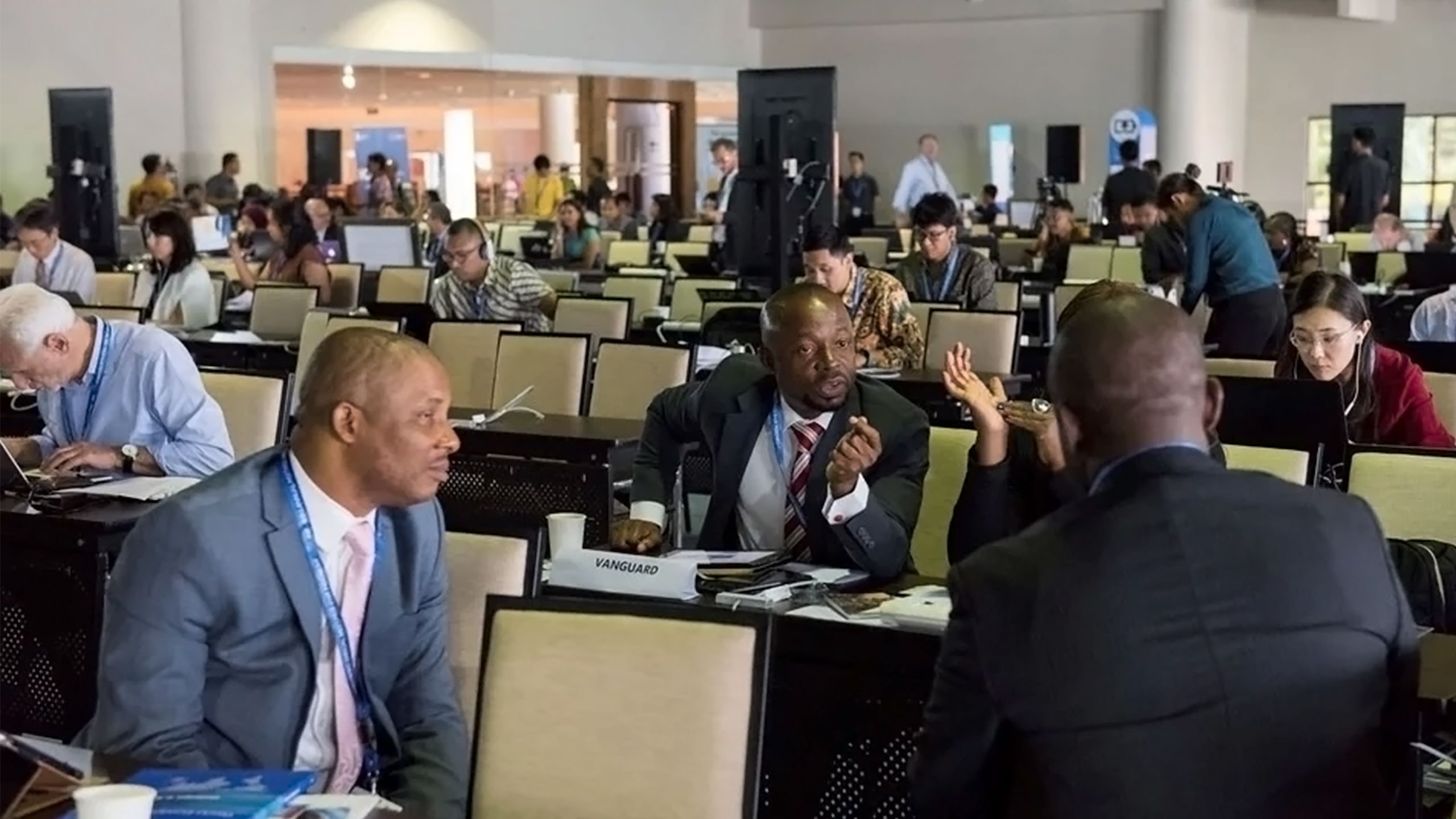
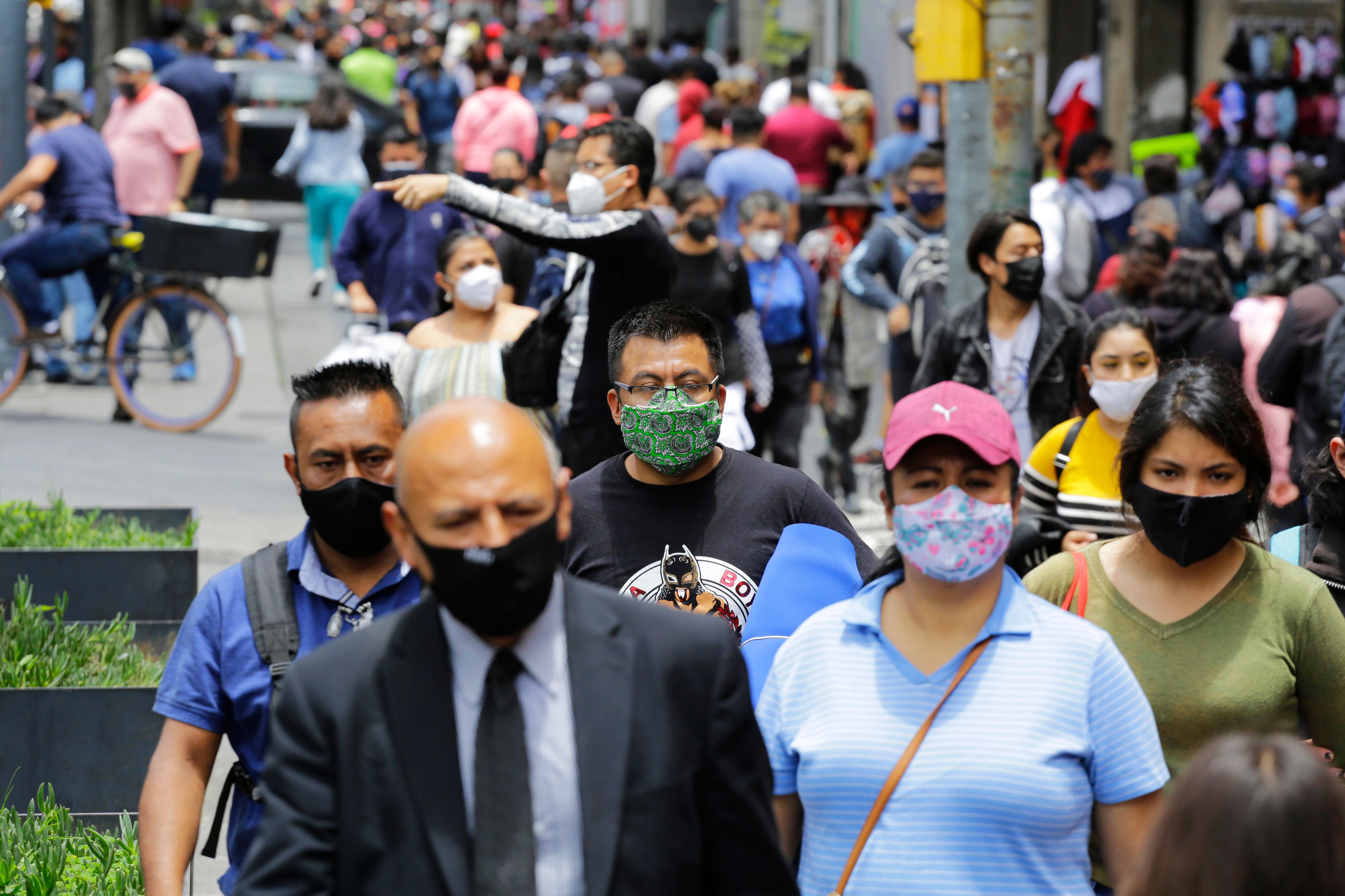
COUNTRY EXAMPLES
AREA OF WORK
Strengthening the Capacities of Policymakers, Evaluators, and Other M&E Professionals
For monitoring, evaluation and evidence use to gain and sustain traction in developing countries, trained policymakers, evaluators, and other professionals are needed to support these efforts. Ensuring M&E stakeholders have up-to-date M&E skills is one of GEI priorities. Over the last year, GEI partners have collaborated on a shared vision around - and program activities for - meeting the global demand for M&E training and professional development. GEI partners have also collaborated on providing innovative training to key M&E stakeholders.
Provided Innovative and Targeted Training
TAQYEEM
To be most effective, training efforts must be tailored to the local context. In 2021, GEI partner, ENAP, launched TAQYEEM, the first international level assessment training program offered in the Arabic language. TAQYEEM aims to train managers who will develop and influence the evaluation function and, in doing so, contribute to strengthening monitoring, evaluation and evidence use in their countries. For the development and launch of TAQYEEM, ENAP consulted the Islamic Development Bank to leverage their regional expertise and received support from GEI. ENAP also partnered with the Saudi Impact Center for implementation of the virtual course. Thirty-three participants from Algeria, Libya, Morocco, Mauritania and Tunisia joined the first edition in June 2021, including 18 women. Notably, the development of the TAQYEEM program contributed to refining the terminology needed to adapt M&E content to sub-regional contexts that use Arabic.
GEI Launchpad
Artificial intelligence, blockchain, and virtual reality offer new opportunities to transform the field of monitoring and evaluation. Inspired by the 2020 IPDET evaluation hackathon, the GEI Global Team developed the Launchpad, a structured pre-incubation program for early-stage enterprises offering innovative M&E solutions. The Launchpad, being implemented over 12 weeks in 2022, provides M&E entrepreneurs with business support, mentoring, data science expertise, cutting edge evaluation knowledge, and connections to a global network. Program instructors come from the M&E field, Silicon Valley, and world-class business accelerators. The first cohort of the Launchpad includes 10 companies from 9 developing countries. The Launchpad program aims to help participating teams be better positioned to access financing for their enterprises (e.g., seed funding from private investors, donor grants). The Launchpad team also developed a short video series called #FutureIsInEvidence that explores opportunities and challenges for the Monitoring, Evaluation and Learning (MEL) community. The 5-part series looks at futurescaping MEL, data science, blockchain, ESG, and impact investing.
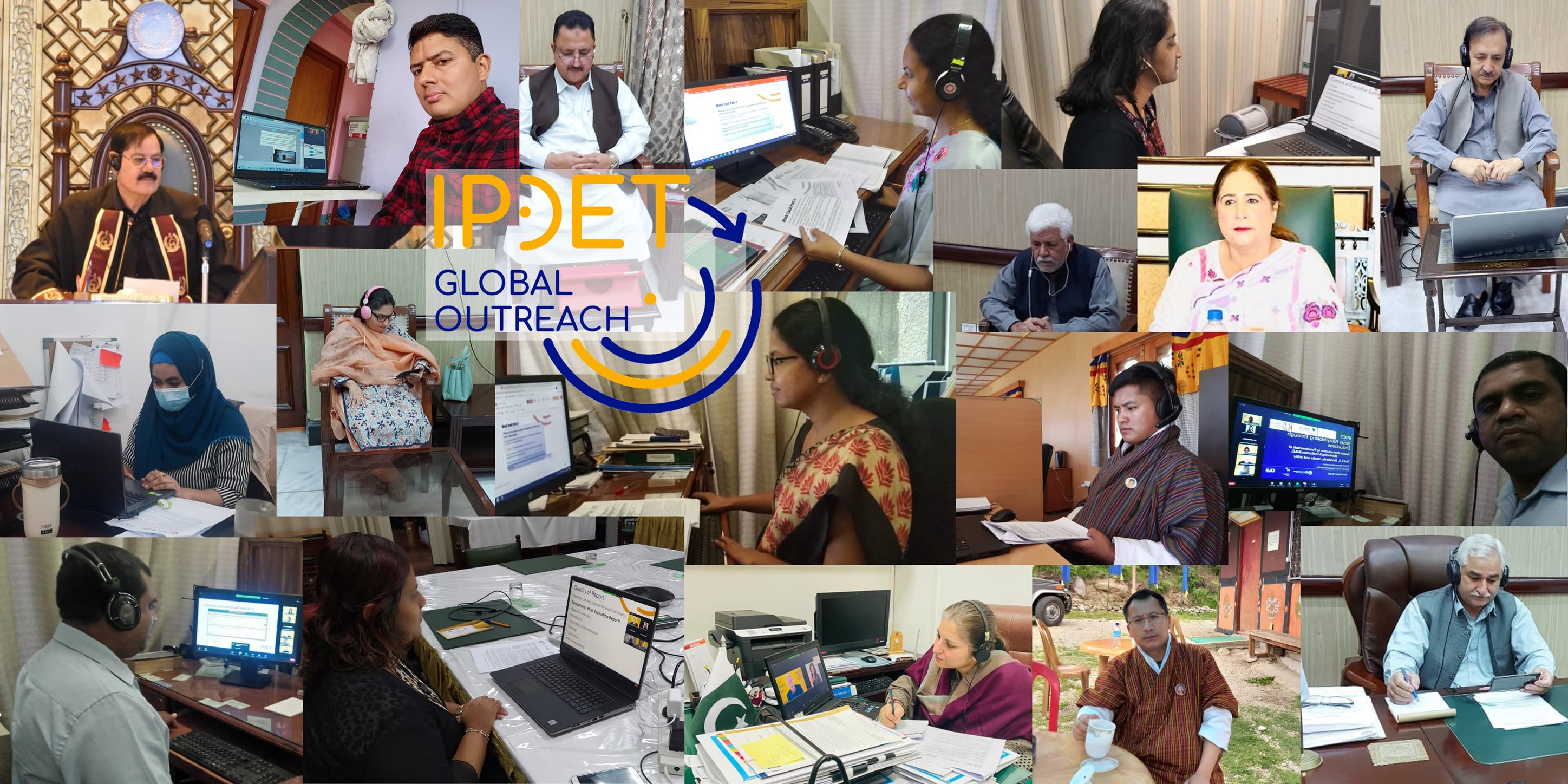
IPDET`s Training Series for Asia Pacific Region Parliamentarians and Parliament Staff.
IPDET`s Training Series for Asia Pacific Region Parliamentarians and Parliament Staff.
IPDET Trainings
Enabling a variety of stakeholders to access the latest M&E training is a key aspect of GEI efforts to promote systems-level change around evidence use. IPDET continues to deliver cutting-edge trainings at the global level, contributing to these efforts. Becoming part of the GEI Network has allowed IPDET to tap into a roster of qualified instructors from across the GEI network, as well as expand its reach to stakeholders from more countries. For its 2021 workshop series, IPDET invited trainers from CLEAR-AA and the World Bank’s Geo-Enabling Initiative for Monitoring and Supervision to lead online workshops. IPDET’s workshop series included topics such as digital analytics for M&E, national evaluation in public service, geo-enabling for monitoring and supervision, and theory-based causal analysis. Of the 225 participants, 59% were women. Eighty participants from lower- and middle-income countries received scholarships from GEI to attend the trainings. In addition, IPDET held a training series for parliamentarians and parliament staff from the Asia Pacific Region in collaboration with the Asia Pacific Evaluation Association, and the Global Parliamentarians Forum for Evaluation. 15 parliamentarians, 46 parliament staff and 2 government officials from 15 countries successfully completed the program.
VOPE Leadership Bootcamp
With funding from GEI, EvalPartners and the International Organization for Cooperation in Evaluation (IOCE) developed an online “VOPE Leadership Bootcamp” to strengthen the institutional capacities of Voluntary Organizations for Professional Evaluators (VOPEs). The 6-week intensive program was taught in English, Spanish and French during March/April 2022. Lectures were delivered by evaluation experts and a team of leadership coaches were available to support participants. Fifty-eight participants representing 30 VOPEs finished the bootcamp.
"Many evaluation systems in Africa were donor driven – but culture has now changed and we now have systems based on our own commitments to SDGs and climate. GEI is an opportunity for us to build capacities through training and we contribute to our progress."
Developed Shared Vision and Roadmap for Building Individual Capacities at Scale
Working Group on Training and Professional Development
promotes knowledge exchange, coordination, and collaboration among network partners that deliver M&E trainings and professional development activities. The Working Group fosters substantive informal discussions among GEI partners, with follow-up activities on shared topics of strategic interest. In 2021, four task teams were established where GEI partners began collaborating on specific topics that are of strategic importance to the GEI network:
- Institutionalization of M&E Task Force – planned outputs include (inter alia): mapping of GEI’s collective offer on this foundational topic; a repository of curricula accessible to GEI partners; and proposals for joint courses on this topic.
- Trainer of Trainers Course in Lusophone Africa Task Force – planned outputs include: curriculum and program concept for a course on M&E in Lusophone Africa; pilot of the course; proposal for rolling out the course in different areas in Lusophone Africa.
- Internship Program Task Force – planned outputs include: GEI Internship program for young professionals interested in pursuing a career in monitoring and evaluation.
- Academic Training in Evaluation Task Force – planned outputs include: global mapping and directory of academic training programs in evaluation; meeting with heads of academic training programs in evaluation to discuss issues of strategic importance (e.g., pedagogy, curricula, career paths in evaluation).
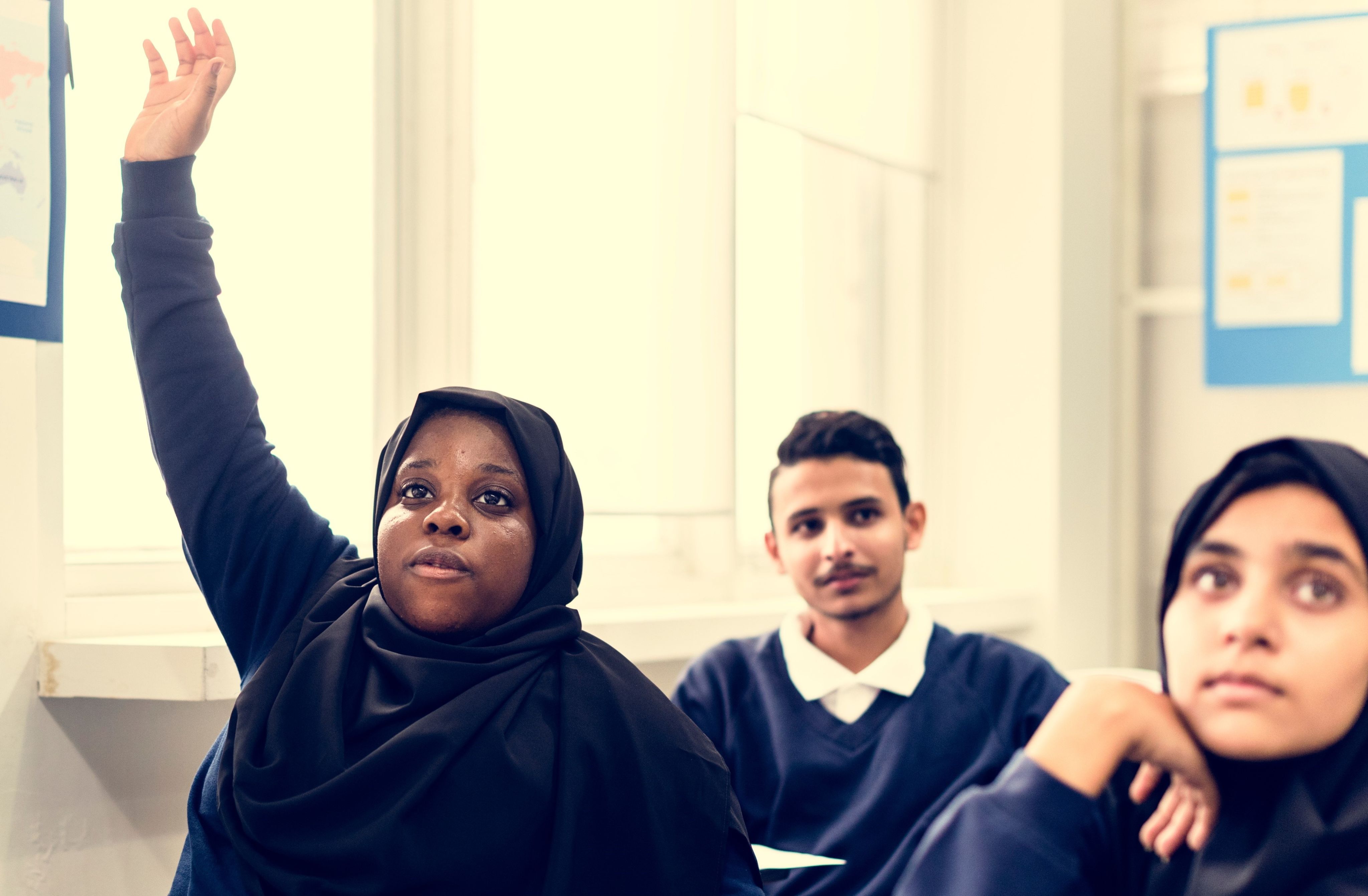
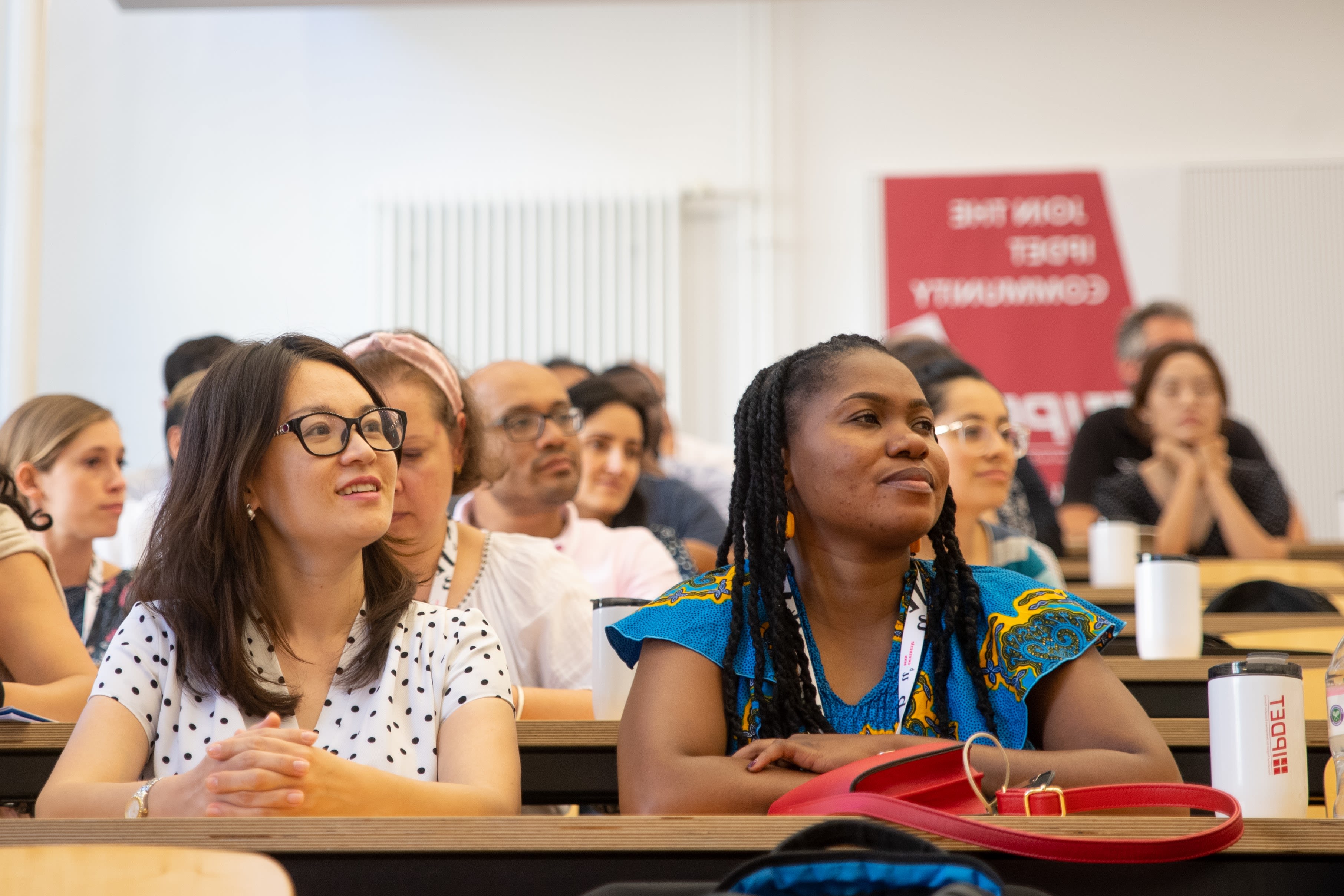
AREA OF WORK
Developing, Curating and Amplifying Knowledge on M&E
This year, GEI partners captured innovative M&E knowledge and practical on-the-ground experience and shared it globally and locally, particularly focusing on South-South exchange. To position GEI as the foremost source for local and global M&E knowledge, GEI acquired the Better Evaluation Platform and initiated the design of its Knowledge Platform. Lastly, GEI focused on building awareness on the importance of monitoring, evaluation and evidence use among key audiences through knowledge products, conferences, social media and online platforms.
Promoted South-South Knowledge Sharing and Collaboration
Promo video for gLOCAL Evaluation Week 2022
gLOCAL Evaluation Week
Many developing countries are actively improving their M&E systems and capacities, while others are just getting started. Fostering an exchange of knowledge and best practices is an important way to foster collaboration and inspire innovation. gLOCAL is a dedicated week for global knowledge sharing events related to monitoring and evaluation topics. It is organized by the GEI in partnership with local, regional, and global organizations and experts – including public and non-governmental institutions, private sector, and academia. gLOCAL is a way to bring global knowledge to the local context, share local knowledge and challenges with a global audience, raise awareness on evidence-informed decision making, and allow local participants to network and collaborate. In the three years since it began, gLOCAL has grown to become one of the largest evaluation events in the world. In 2021, gLOCAL took place in 63 countries with 346 events and over 20,000 participants.
Responsible Data in M&E Alliance in Africa
M&E practitioners are often confronted with high volumes of data and must be aware of digital laws and compliance trends. However, this goal can be difficult in Africa and other contexts where no single, common law exists to govern data practices and each state has its own approach to regulation. In response to this difficulty, CLEAR-AA, in collaboration with MERLTech, founded the Responsible Data in M&E Alliance (RDiME) with a group of African data privacy experts to look at African perspectives on responsible data governance in M&E. One of the outcomes of the alliance was the 2021 report, “Responsible Data Governance for Monitoring and Evaluation in the African Context.” The guide provides orientation for practitioners on responsible data governance in Africa in the context of M&E through detailed guidance and case studies.
"We call on a sustained and country-led approach to building M&E capacity and believe GEI will help contribute to this."
Positioned GEI as the Preeminent Global Platform for Local and Global M&E Knowledge
Knowledge Platform
Providing access to knowledge on M&E is a crucial component of strengthening evidence use in developing countries. Facilitating this access is a vital part of GEI’s efforts. The GEI Global Team is currently developing a public Knowledge Platform that will provide resources and guidance on how to develop, enhance and operate country M&E systems, along with a snapshot analysis of the state of national M&E systems in countries that are a priority to the network. The Platform will also serve as a virtual convening space encouraging stakeholders to learn, exchange best practices, and collaborate on knowledge gaps. The analytics from the Platform will help GEI track indicators on how target audiences are interacting with GEI knowledge products.
Better Evaluation
In 2021, GEI took ownership of the Better Evaluation online platform, which provides free access to information on more than 450 evaluation approaches, tasks, methods and processes, with over 4,000 specific resources. Currently, the platform has 1.29 million annual users. The platform will continue to grow under GEI’s ownership in support of GEI’s strategic objectives.
Thought Leadership on Priority Topics
GEI partners have a wealth of knowledge and expertise to share with the network and other audiences. The GEI network released 167 knowledge products during the reporting period. From podcasts and blogs in several languages, to publications and research studies, GEI partners have broadened the knowledge landscape on themes around M&E systems. For instance, the GEI Global Team has launched a blog series and podcast aimed at amplifying the voices of the many experts within the GEI network. Over the next year, the partnership will focus on coordinated development and delivery of knowledge assets and drive work on new and emerging areas of thought leadership.
Strengthened Communications Coordination and Tools
GEI Communications Community of Practice
GEI partners individually generate, curate, and share a significant amount of knowledge and communication products. To facilitate collaboration and coordination among GEI partners on these products, the GEI Global Team has launched the GEI Communications Community of Practice. Communication focal points from across the partnership met to discuss a strategy for collaboration in November 2021. Based on this discussion, the GEI Global team is developing two initial products: 1) a shared schedule of upcoming knowledge and communication activities and products to enable the partners to coordinate and amplify each other’s work; and, 2) an online community space to allow partner focal points to communicate, collaborate, align messaging, crowd-source solutions and ideas, and share their expertise.
Sharing the GEI Story
GEI was created to address a problem that has existed for a long time; however, GEI’s offers an updated approach that combines an integrated systems-based model for strengthening monitoring, evaluation and evidence use, combined with the experience and expertise of a network of local, regional and international organizations. With that in mind, GEI partners have increased efforts around outreach and engagement to share the story of the GEI approach. Through conference participation, newsletters, videos, webinars, websites, and other products, the GEI network has shared the GEI story widely through a variety of communication channels and tools.

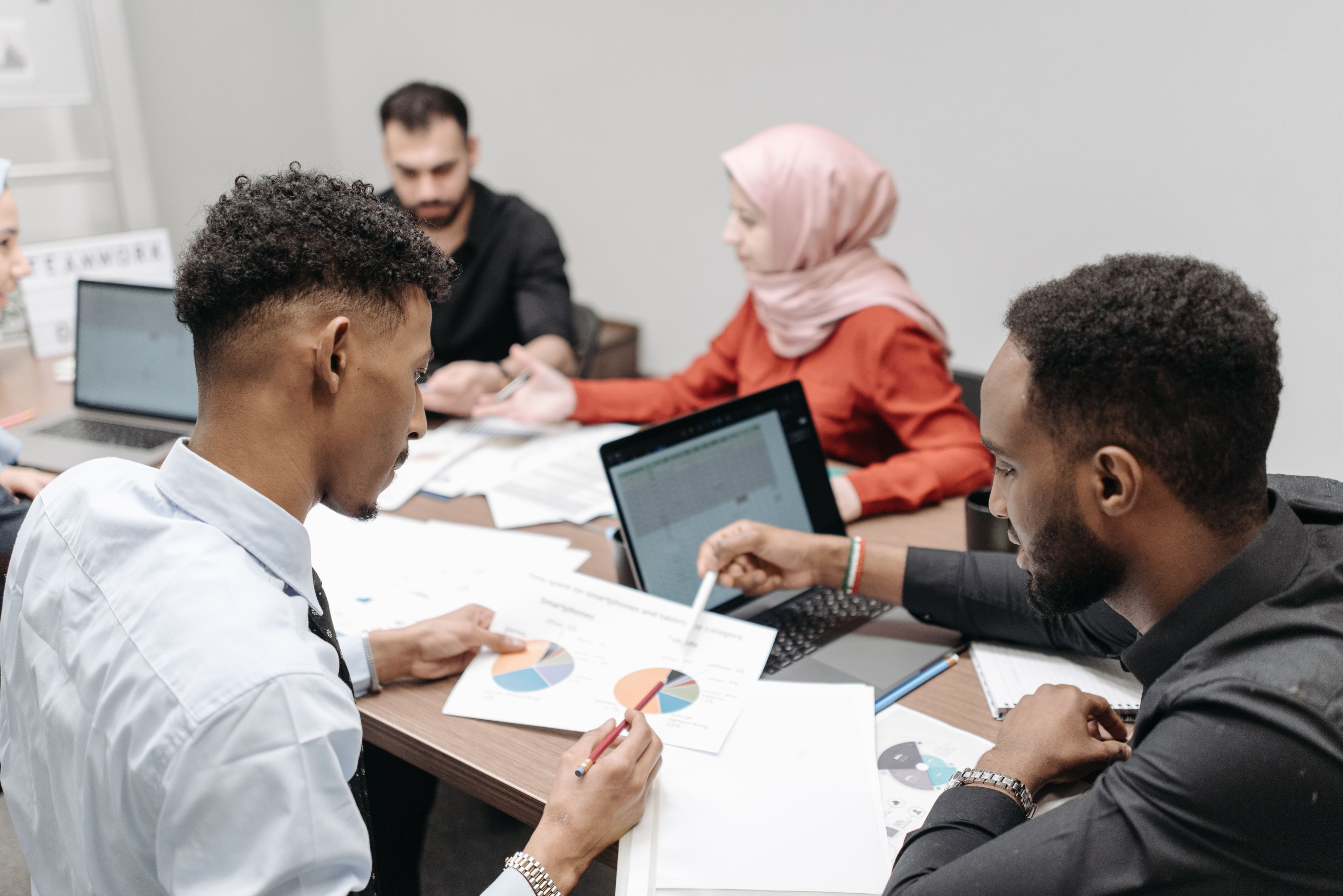
STORIES FROM OUR NETWORK





GEI CROSS-CUTTING AREAS
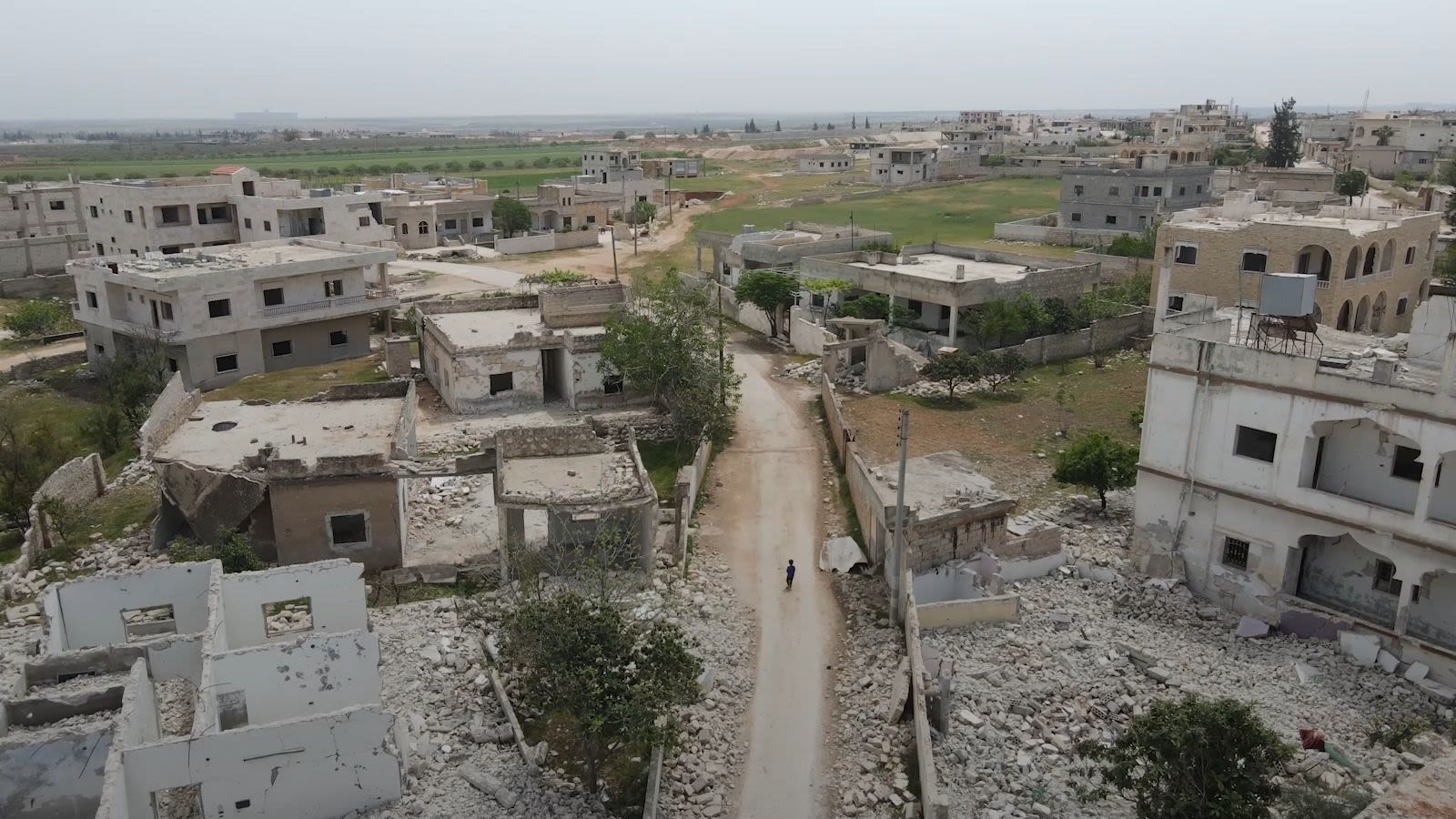
The global pandemic has shown us all that the challenges facing the world today are interconnected. The COVID-19 crisis has diminished hard won gains around gender and inclusion, amplified the impact of environmental pressures on marginalized populations, and pushed new people into instability. Interdependent issues require interconnected solutions. Consequently, GEI partners have developed strategic plans on several cross-cutting areas that will be integrated into all GEI activities: Gender and Inclusion, Climate Change, and M&E in fragility, conflict and violence (FCV) settings.
GEI is also paying special attention to the role of Youth in supporting monitoring, evaluation and evidence use in developing countries – as emerging evaluators and as drivers of change. Since many GEI partners already have significant experience in these areas, GEI’s strategic approach aims to surface critical lessons, identify knowledge gaps, and coordinate joint action to maximize impact. Beyond the network, GEI has established approaches for integrating these cross-cutting areas into its work with public-sector partners and national governments. Examples of relevant work across the partnership include:
GENDER AND INCLUSION
During the first 18 months, the GEI partners have contributed in various ways to the Gender and Inclusion focus area. Several CLEAR Centers have delivered knowledge sharing events around the issue and both ENAP and IPDET have delivered training on the subject. CLEAR-South Asia has developed and led a five-day workshop on “Applying a Gender Lens to Program Evaluation.” During gLOCAL Evaluation Week 2021, ENAP hosted an online panel discussion on “Gender Sensitive Evaluations.” The GEI Global Team has convened “brown bag” discussions among GEI network members on incorporating gender and inclusion into their monitoring and evaluation work. In addition, the partnership has sought to address key knowledge gaps through a number of podcasts, blogs and other knowledge products released around gender and inclusion
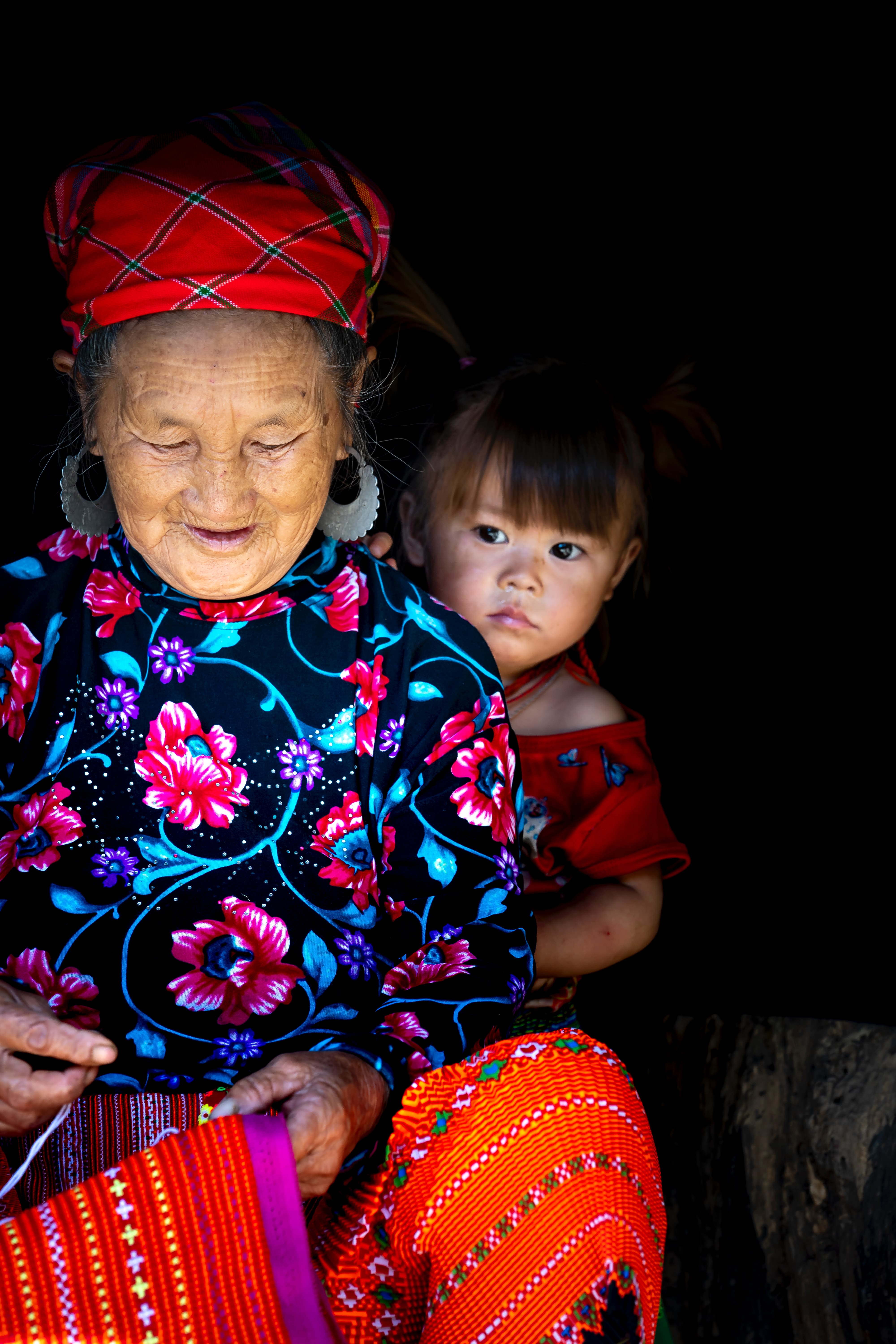
FCV CONTEXTS
During this reporting period, the GEI Global Team has begun working with the Ministry of National Planning and Development Coordination of the Solomon Islands (which has suffered greatly from the pandemic) to support the implementation of a MESA diagnostic process to identify capacity development priorities around M&E and evidence use. This information will help the Solomon Islands prioritize efforts to improve their M&E systems. The MESA will be adapted, as necessary, to address the unique context of the Solomon Islands. This process will support the effective application of the MESA in other countries dealing with fragility, conflict or violence.
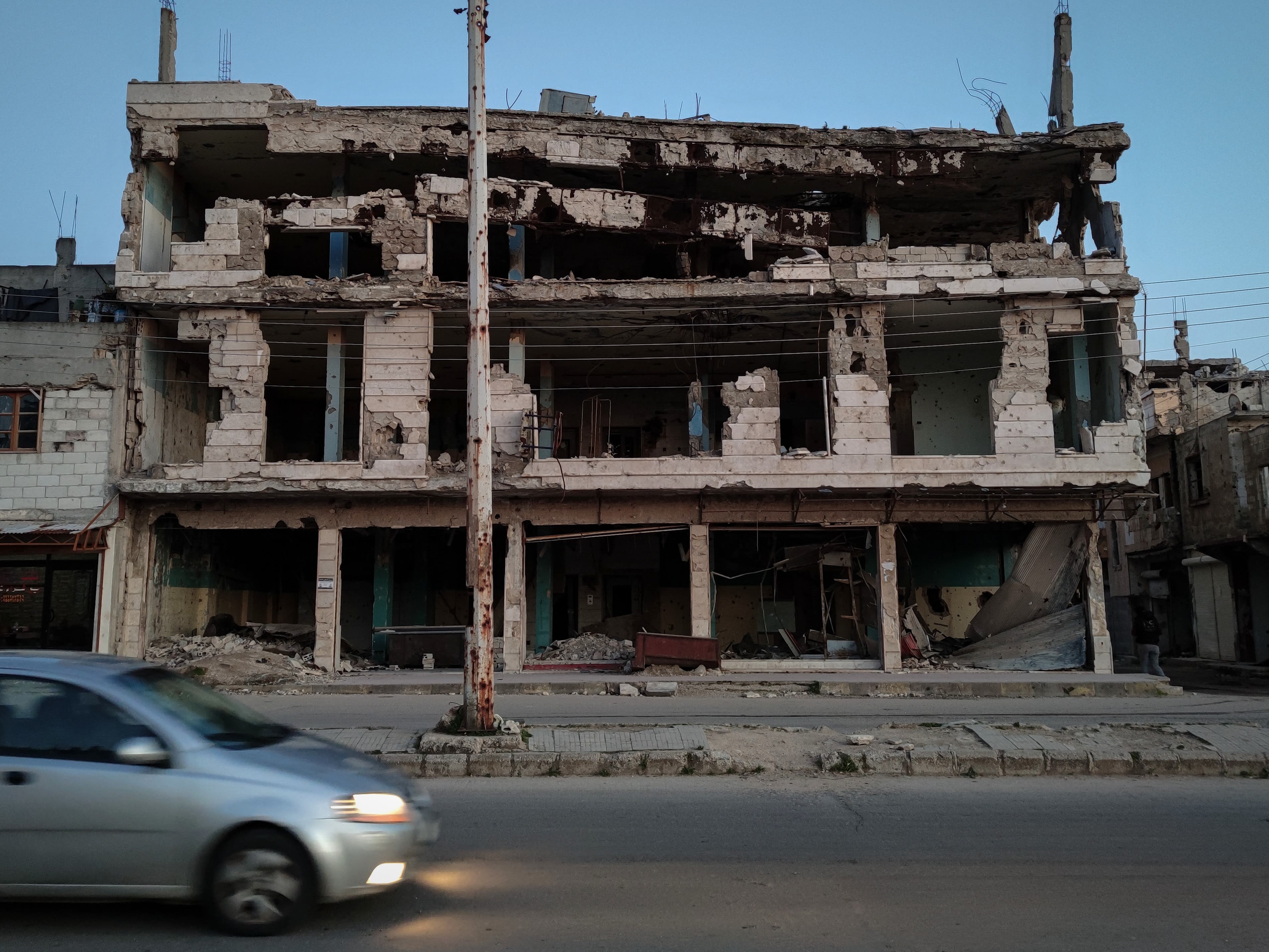
YOUTH
As part of its efforts to support and promote young and emerging evaluators, CLEAR-South Asia has been managing the Research for Impact (RFI) Fellowship. This program is designed to enhance the capacity of Indian PhD scholars in conducting impact evaluations, with the goal of cultivating a network of academics who generate rigorous, policy-relevant evidence in India. In addition, the GEI Global Team began working closely with the EvalYouth Global Network and the UNFPA Evaluation Office to empower and build capacities of young and emerging evaluators.

CLIMATE CHANGE
GEI's Better Evaluation team is leading work on the Footprint Evaluation Project, which aims to develop practical guidance on how all evaluations and monitoring can include consideration of climate change and environmental sustainability, even when this is not a stated goal of the project, program or policy. In 2021, this work included establishment of a global online discussion network and resources hub; development of case studies; identification of methods and processes (including those from natural sciences); development of guiding principles; and, delivery of workshops and webinars, including a gLocal event.

Global Evaluation Initiative Financial Statements
These financial statements include all GEI contributions and expenses from inception in October 2020 through end-March 2022.
The statements shown here are unaudited. Internal audits are performed by the World Bank Group Quality Assurance. GEI also participates in the World Bank Group’s single audit exercise annually. The single audit is generally released in September after the conclusion of the WBG fiscal year.
Through March 2022, donors have generously contributed $9.47 million to GEI, and have formally committed to a total of $14.42 million to-date.
Since their endorsement at the GEI Partnership Council, the GEI Global Team has been preparing grants to partners aligned with the amounts agreed with donors. The grants have benefitted from strong collaboration with partners, UNDP country offices and World Bank teams to ensure they are strongly aligned and reduce fragmentation. The majority of grants were approved in the 2022 calendar year and disbursements will speed up towards the end of the financial year.
All financial data and all dollar amounts are US dollars unless otherwise indicated.
Table 1: Initial Contributions to GEI by Funding Agency (US$ committed as of March, 2022)
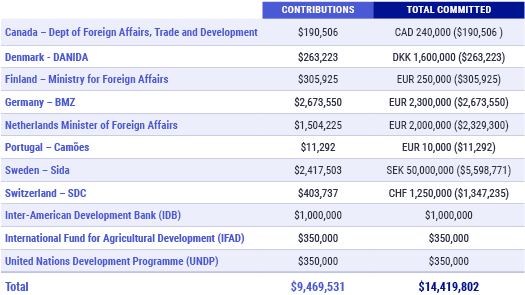
Note: Contributions in currencies other than USD are valued at the date received. Future commitments are valued with March 31, 2022 exchange rate
Table 2: Grant Information by Recipient
Note: five grants have been recently approved and two are in the final stages of preparation. For the grants that are approved, effectiveness was declared recently so initial disbursements are low.
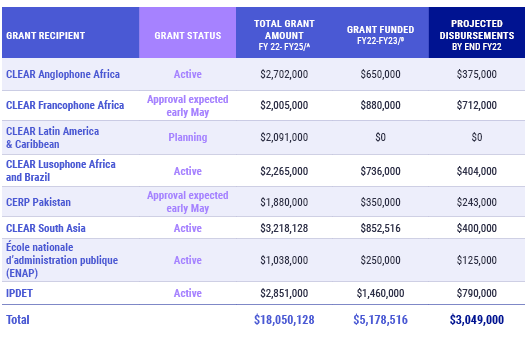
Note: funding amount for grants under preparation is indicative until grant approval
/a Total grant amount is the total amount approved for the grant
/b Grant funded is the amount of the GEI Trust Fund initially allocated to the grant. Additional allocations can be made up to the “Total Grant Amount” if funds in the GEI TF permit

